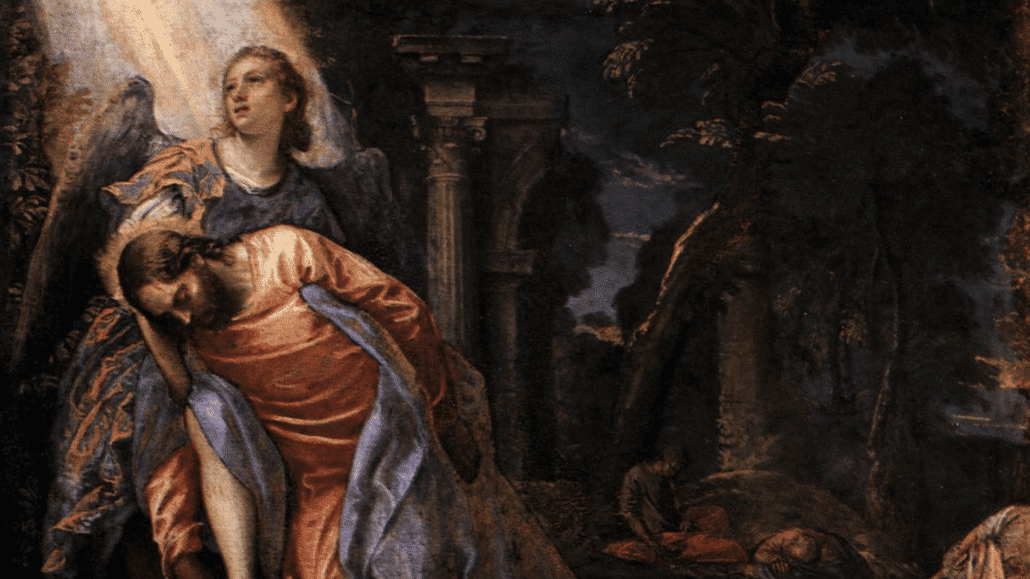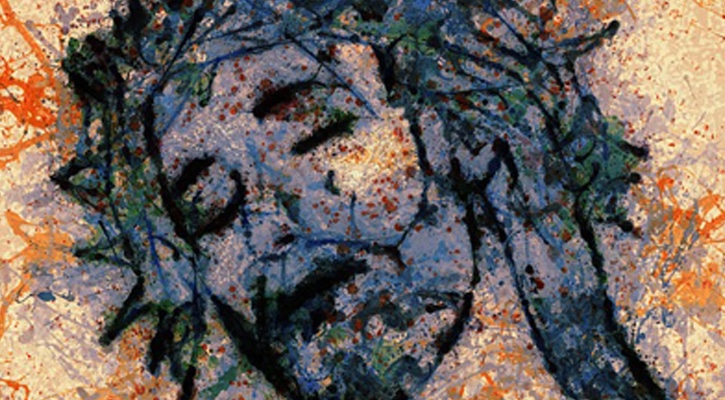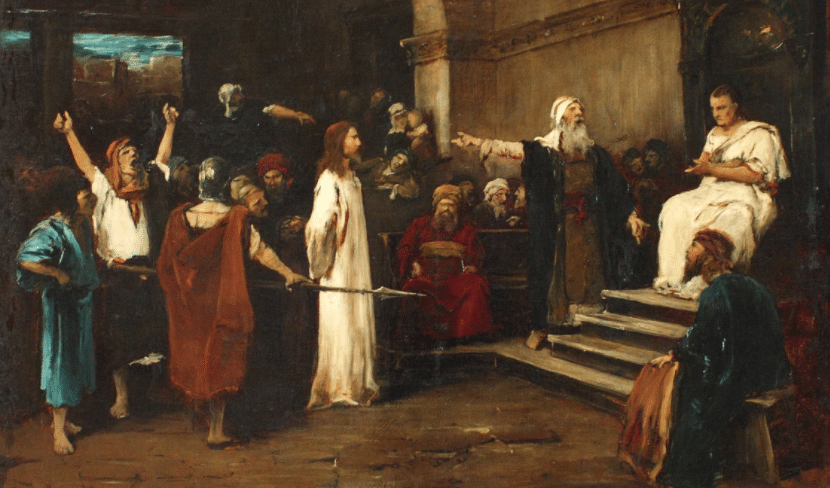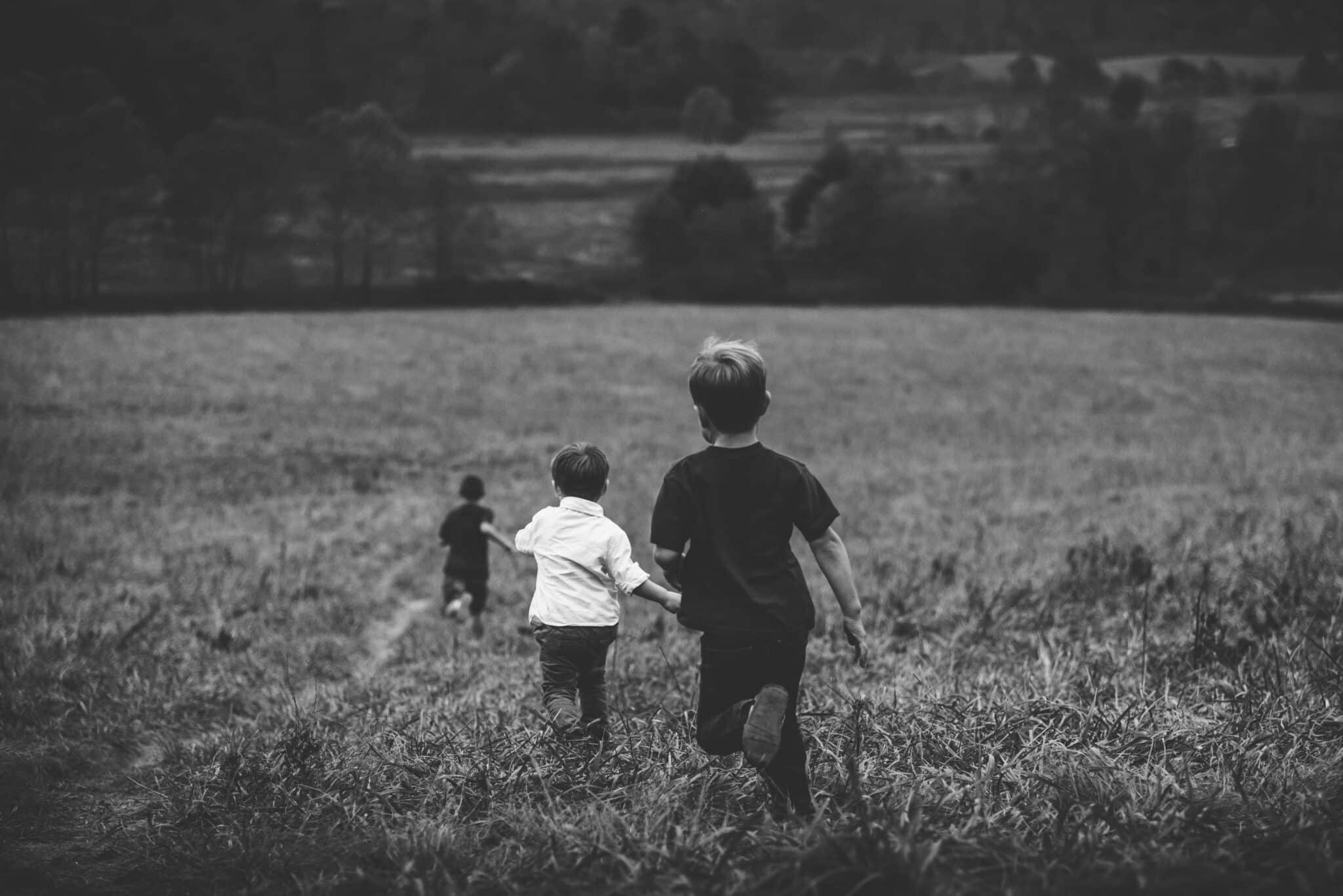
Prayer Ebbs and Flows
Prayer has a huge ebb and flow. When we try to pray, sometimes we walk on water and sometimes we sink like a stone.
Posts from:

Prayer has a huge ebb and flow. When we try to pray, sometimes we walk on water and sometimes we sink like a stone.

Truth finds us in different ways. Sometimes we learn what something means not in a classroom, but in a hospital. Several years ago, I was visiting a man dying of cancer in a hospital room. He was dying well, though nobody dies easy.

We speak of one section of the Gospels, that which narrates Jesus’s life from the Last Supper until his death and burial, as chronicling his “passion.”

The world contains only one thing that is truly novel: forgiveness. And this is the message of the resurrection. Everything else is like the words of an old song repeating itself endlessly over and over again. There is normally only one song that gets sung: the song of betrayal, hurt, resentment, and non-forgiveness. That pattern never changes. There is an unbroken chain of unforgiveness, resentment, and anger stretching back to Adam and Eve.

In the Garden of Gethsemane, Jesus dies before he dies, and thereby readies himself for what awaits him. The next day, when Pilate threatens him with death, Jesus stands in a freedom and courage that can be understood only if we understand what happened to him in the garden. When Pilate says to him: “Don’t you know that I have power over you, power to take your life or to save it?” Jesus answers: “You have no power over me whatsoever. Nobody takes my life; I give it over freely.” Pilate is threatening a man who is already dead. No big threat.

Remember as a child the number of times you ran up to somebody, someone you trusted—a parent, a teacher, a friend? Completely trusting, full of life, you tried, with a nakedness you can never bring yourself to risk again, to share something you were excited about: a leaf you had found, a drawing you had made, your report card, a story you wanted to tell, a fall you had just taken, something that was very important to you. Try to recall the warmth, trust, and spontaneity of that moment.

Christ came and declared a wedding feast, a celebration, at the very center of life. They crucified him not for being too ascetical, but because he told us that we might enjoy life. He told us that life will give us more goodness and enjoyment than we can stand, if we can learn to receive it without fear. But we are still in exile, without wedding garments, looking for the key to the room of celebration. Perhaps we need to be just a bit more earnest and sincere when we say the words, “your kingdom come!”

28 W. Liberty Street
Cincinnati, OH 45202
513-241-5615
info@franciscanmedia.org
Customer Service:
cservice@franciscanmedia.org
Technical Questions:
support@franciscanmedia.org